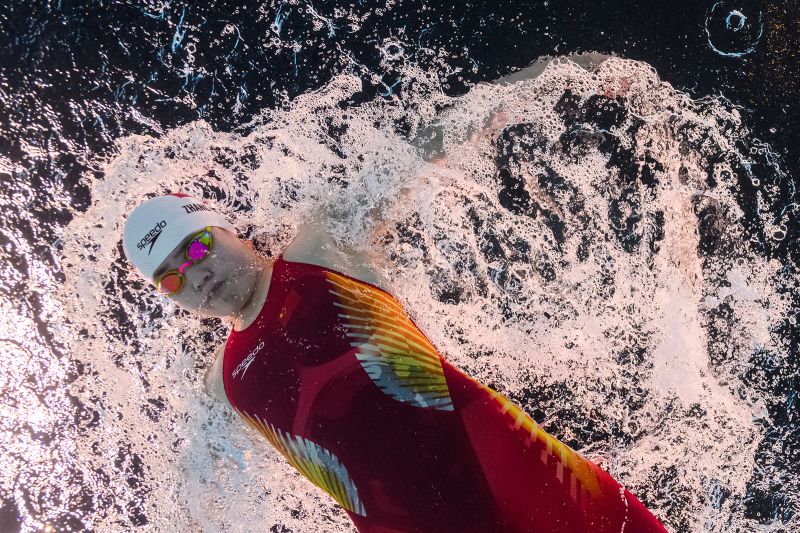The controversy over alleged doping in Chinese swimming has been casting a lengthy and looming shadow over the sport at the Olympic games. As claims continue to circulate, suspicions rise, and conversations intensify, this storm of contention challenges not only the athletes in question but also the credibility of the sport and the ethos of the Olympics in general.
Doping allegations in sporting events are by no means a new phenomenon, but the spotlight on China’s swimming team in recent years has magnified this issue on a global scale. Ever since the breakout performances by Chinese swimmers, whispers of doping have followed. These concerns stem from past incidents where Chinese swimmers have tested positive for banned substances. A number of incidents over the years have resulted in sanctions and suspensions, cementing skepticism in the minds of many.
The attention is most acutely focused on the female athletes who’ve come to dominate podium ceremonies at the global event. Their surprising victories and record-breaking feats have fuelled accusations of foul play. Critics have alleged that the sudden performance enhancements exhibited by Chinese swimmers are reflective of a systematic and state-sponsored doping program.
One of the most prominent figures at the eye of this storm is Sun Yang, a multiple Olympic medal winner. Yang faced an eight-year ban over a doping violation, only to have it surprisingly overturned by the Swiss Federal Tribunal, citing issues with language bias and concerns over the impartiality of the panel member in the original hearing. This decision inflamed the controversy further, as opponents aired their grievances publicly, maintaining that such a reversal undermines the global anti-doping efforts.
There has also been considerable focus on the lack of transparency surrounding Chinese doping tests. One of the main issues lies in the fact that Chinese authorities perform many of their tests internally, raising questions over the thoroughness and impartiality of such procedures. Many believe that the World Anti-Doping Agency needs to do more to ensure there are no perceived biases or errors in these crucial tests.
The controversy continues to cast a shadow over the sport, as it plunges the athletes, both from China and other nations, into a whirlpool of speculation, uncertainty, and unneeded attention, thereby affecting the sportsmanship spirit of the games. This distracts from the concentration and celebration of athletic prowess and instils an environment of mistrust among competitors.
Furthermore, these allegations pose a catch-22 situation for clean Chinese athletes. The persistent doping suspicions mean that their remarkable performances are not celebrated as triumphs of athletic talent and perseverance but are instead questioned and dissected under the lens of suspicion.
As resentment and suspicion taint the atmosphere of the games, it becomes evident that the China doping controversy is more than just a sporting issue. It illuminates greater questions about the systems that oversee and manage these world-renowned competitions, the importance of fairness and transparency, and the potential for political influences to bleed into sporting events. The ongoing debate emphasizes the need for dependable and impartial protocols that can effectively weed out any foul play and nurture a more credible and respectful competitive arena.
In conclusion, while doping allegations and disputes are certainly not exclusive to China or water sports, the shadow cast by these controversies over Olympic swimming is significant. It serves as a reminder to sports governing bodies of their ardent responsibility towards maintaining a fair play spirit, so that the focus can return to the essence of the Olympics, which is celebrating the remarkable feats of human athleticism and fostering bonds of international camarity.




